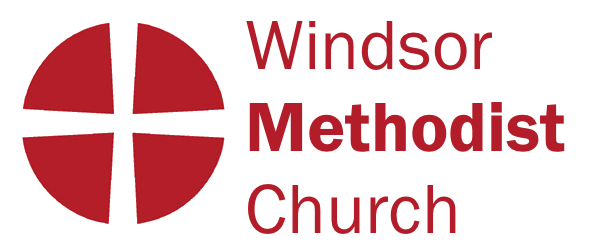Brothers and Sisters
“The voice of one crying in the wilderness: ‘Prepare the way of the Lord, make his paths straight. Every valley shall be filled and every mountain and hill shall be made low, and the crooked shall be made straight and the rough ways made smooth; and all flesh shall see the salvation of God.” (Luke 3: 4b – 6)
In the middle of the Lamlash village green where I grew up, there is a small hillock. It makes no sense – the rest of the green is flat – and apart from small children climbing to the top and rolling down, it has no function. Or so we thought. Until one night a local farmer who was plagued with a pointless hole in the middle of a field that was almost exactly the size of the hillock came and took it away smoothing down the green and simultaneously removing the enormous pothole in his own land.
The valley was indeed filled and the hill made low. However, the ensuing furore was immense. We may have all thought that it was a pointless hillock, but actually, it was the vantage point from which the local minister had blessed those about to sail to Canada in inadequate ships having been forced to emigrate by English landowners during the time of the clearances, when small-scale tenant-farmers were thrown off the land to allow for sheep to be farmed. The little hillock was representative of a massive mountain that these people had to climb in order to survive on the other side of the world. The farmer had solved the visible problem – the lumpy green and the holey field – but the underlying history of a people who were dispossessed because of greed could not be dealt with by removing the memory. Such things need long healing and careful conversation, repentance, sorrow and a determination to learn from the past. The promise of Jesus is like this: The valley will be raised up and the hill be smoothed over and the road will become easier, but not in a casual, fly by night sort of way, but through the long care, the self-sacrifice, the determination of a caring God to bring redemption and healing to those who would turn away from greed and love of power and towards his kingdom values of mercy and justice and a humble walk with a loving Father. May this Advent be for us a time to understand this truth more deeply than ever before as we prepare for the coming of our Lord.
God bless,
Vicci

